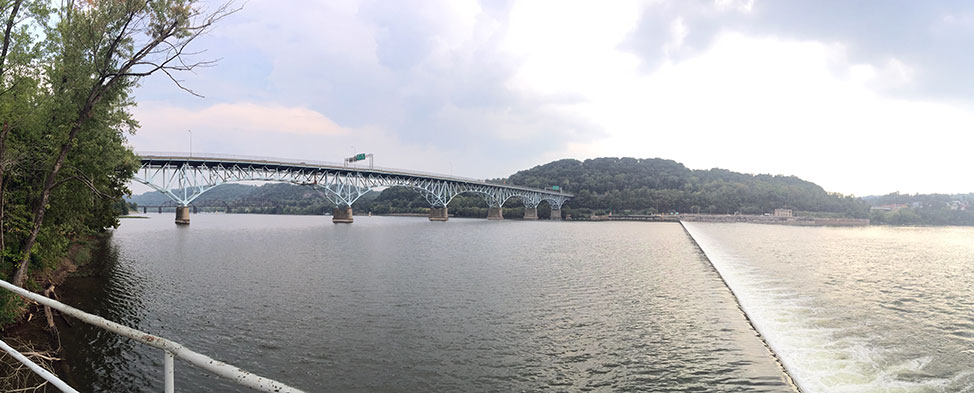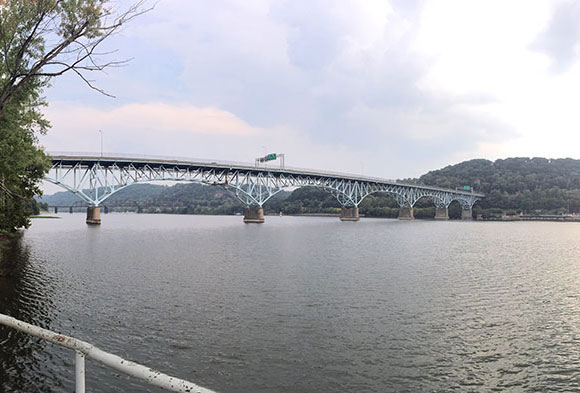Unlike U.S. cities such as Seattle, New York City and Boston, Pittsburgh’s drinking water does not come from remote, protected environments free of wastewater discharge and other human-induced threats. In fact, ample scientific evidence demonstrates that our water supply is vulnerable to sewage overflow, industry waste, and other harmful industrial discharges. Similar to other cities, our housing infrastructure and water distribution system is old, and contains lead water lines and plumbing. The Endowments supports efforts to advance green infrastructure, promote public health-based water quality solutions, and support interventions to prevent or mitigate the potential for hazardous exposures to metals and chemicals.
The chart below shows where Bromide is present in energy-associated wastewaters, such as coal-fired power plants operating wet flue gas desulfurization (FGD, black triangles) and centralized waste treatement facilities for oil and gas wastewater (CWT, yellow diamonds). Once discharged, the bromide flows downstream where it can increase carcinogenic disinfection byproduct formation at drinking water treatment plants (blue circles).

 Lock & Dam No. 2 from the north shore of the Allegheny River. Photo by Philip R.S. Johnson
Lock & Dam No. 2 from the north shore of the Allegheny River. Photo by Philip R.S. Johnson

 Lock & Dam No. 2 from the north shore of the Allegheny River. Photo by Philip R.S. Johnson
Lock & Dam No. 2 from the north shore of the Allegheny River. Photo by Philip R.S. Johnson